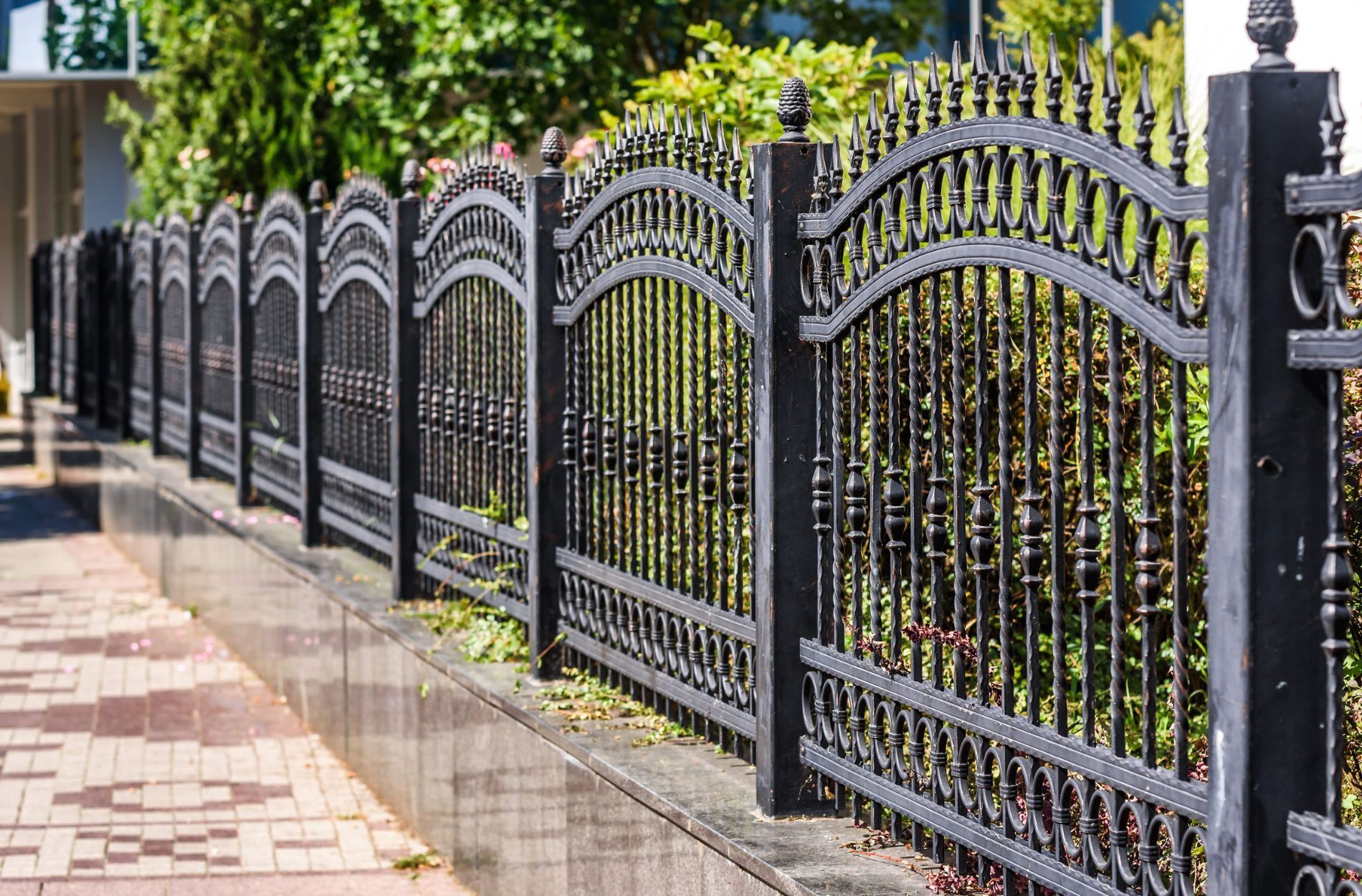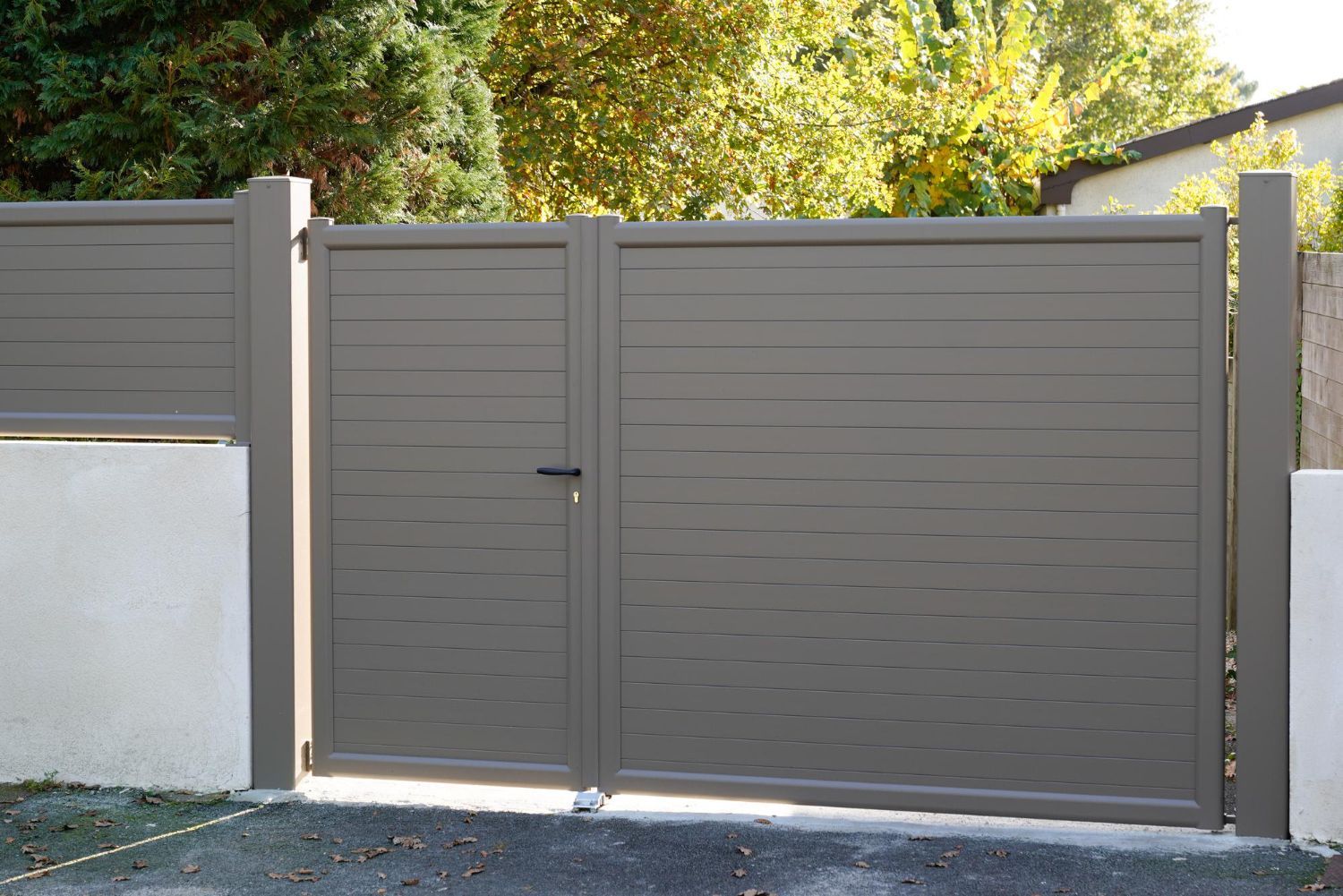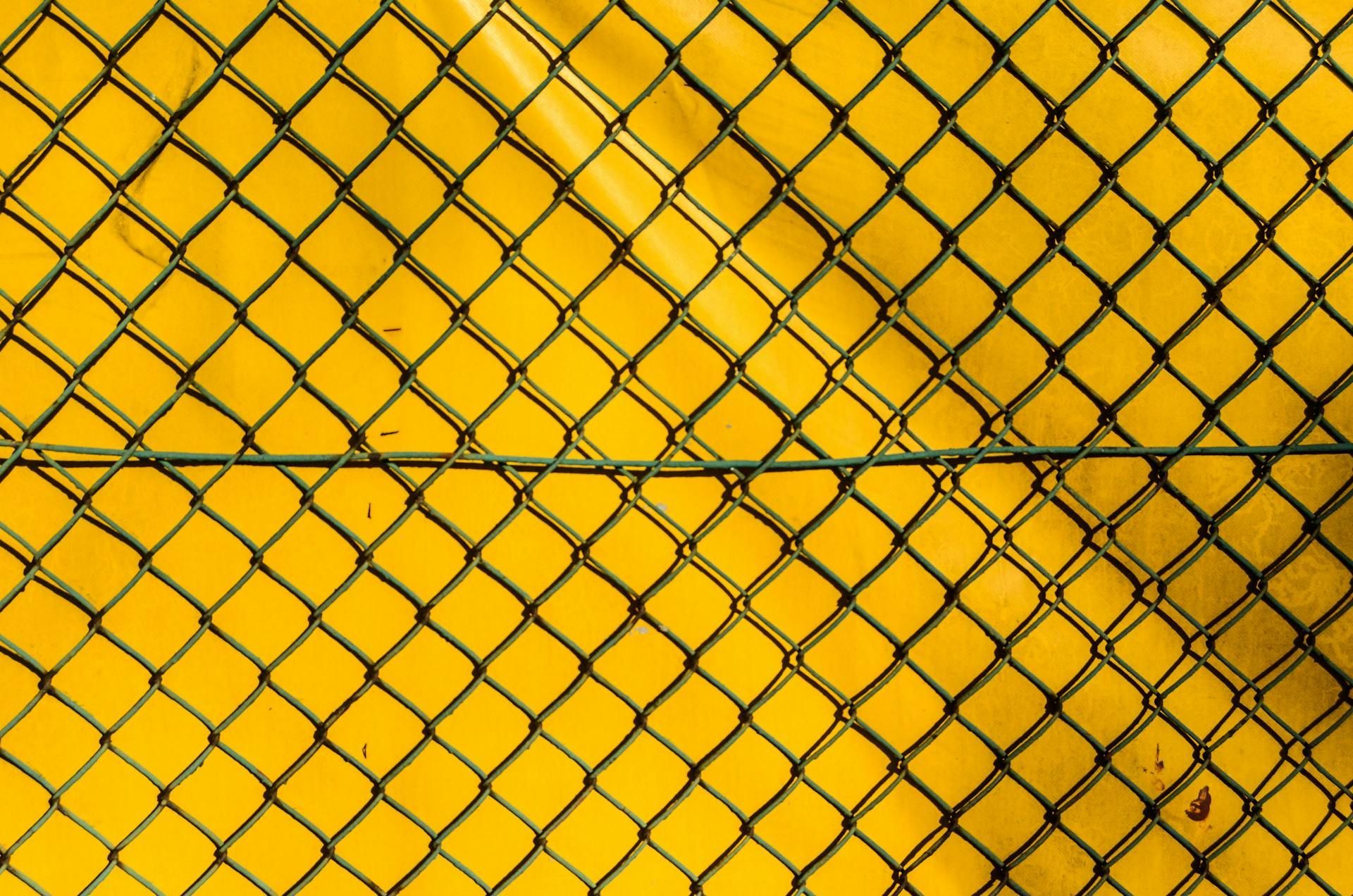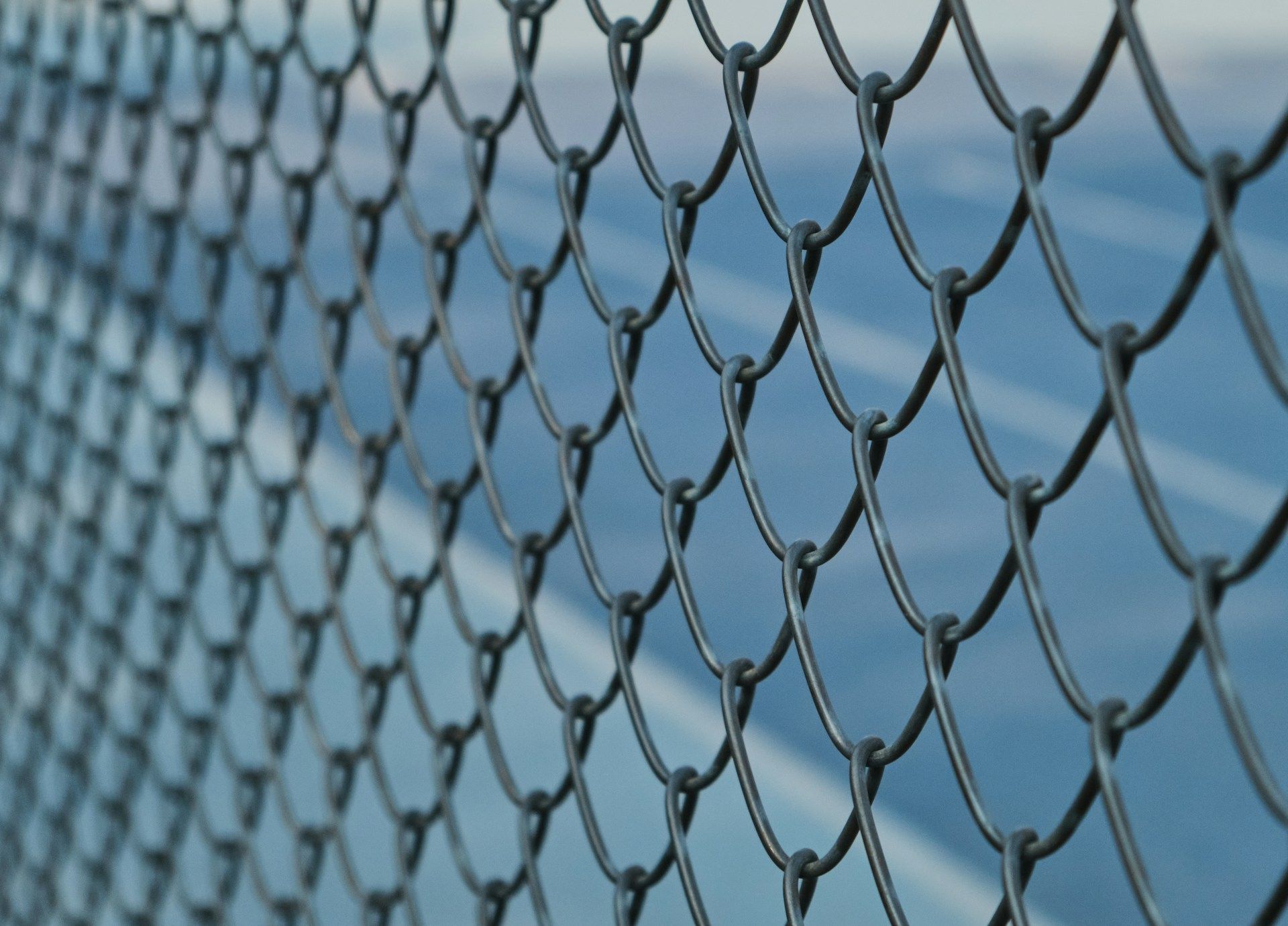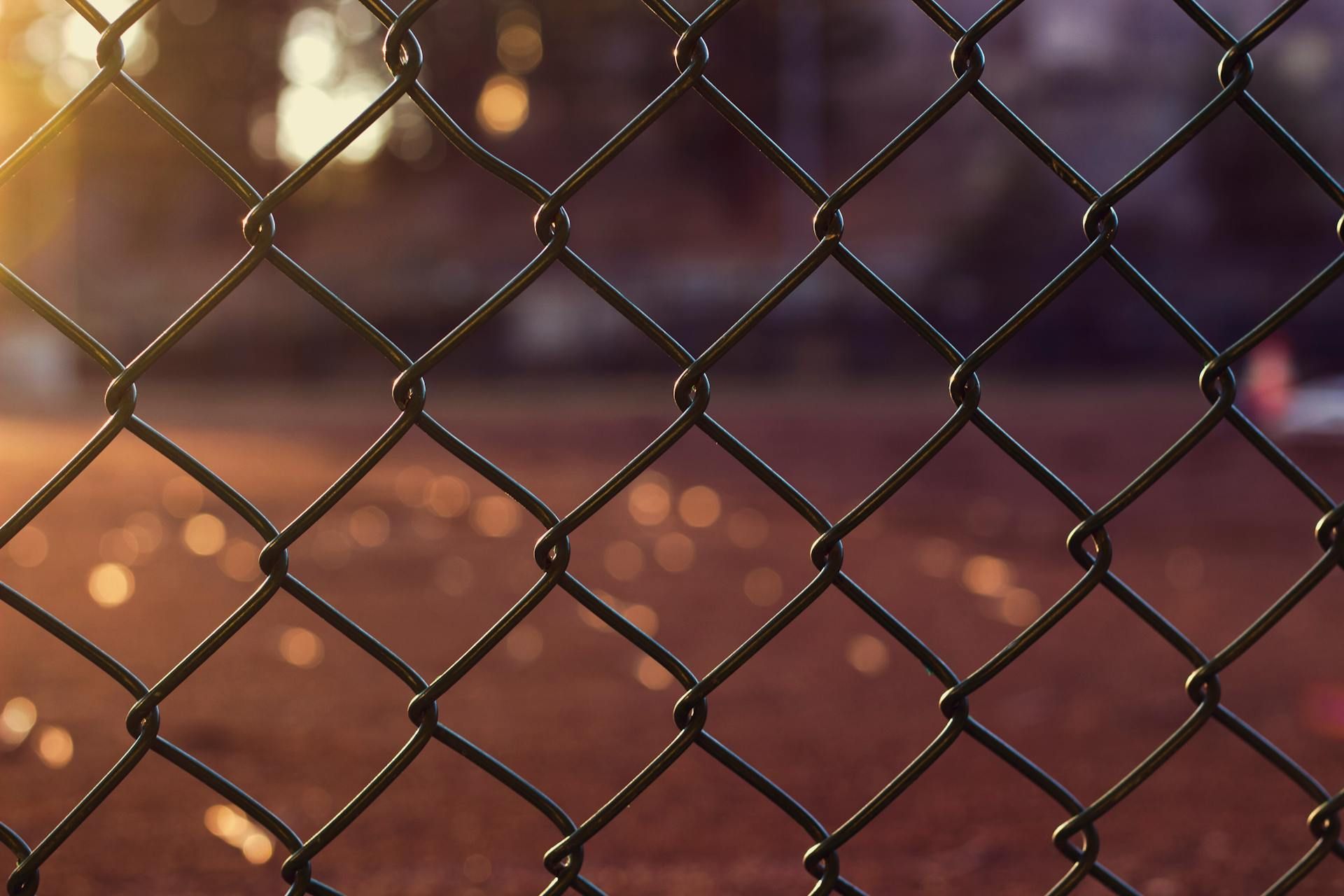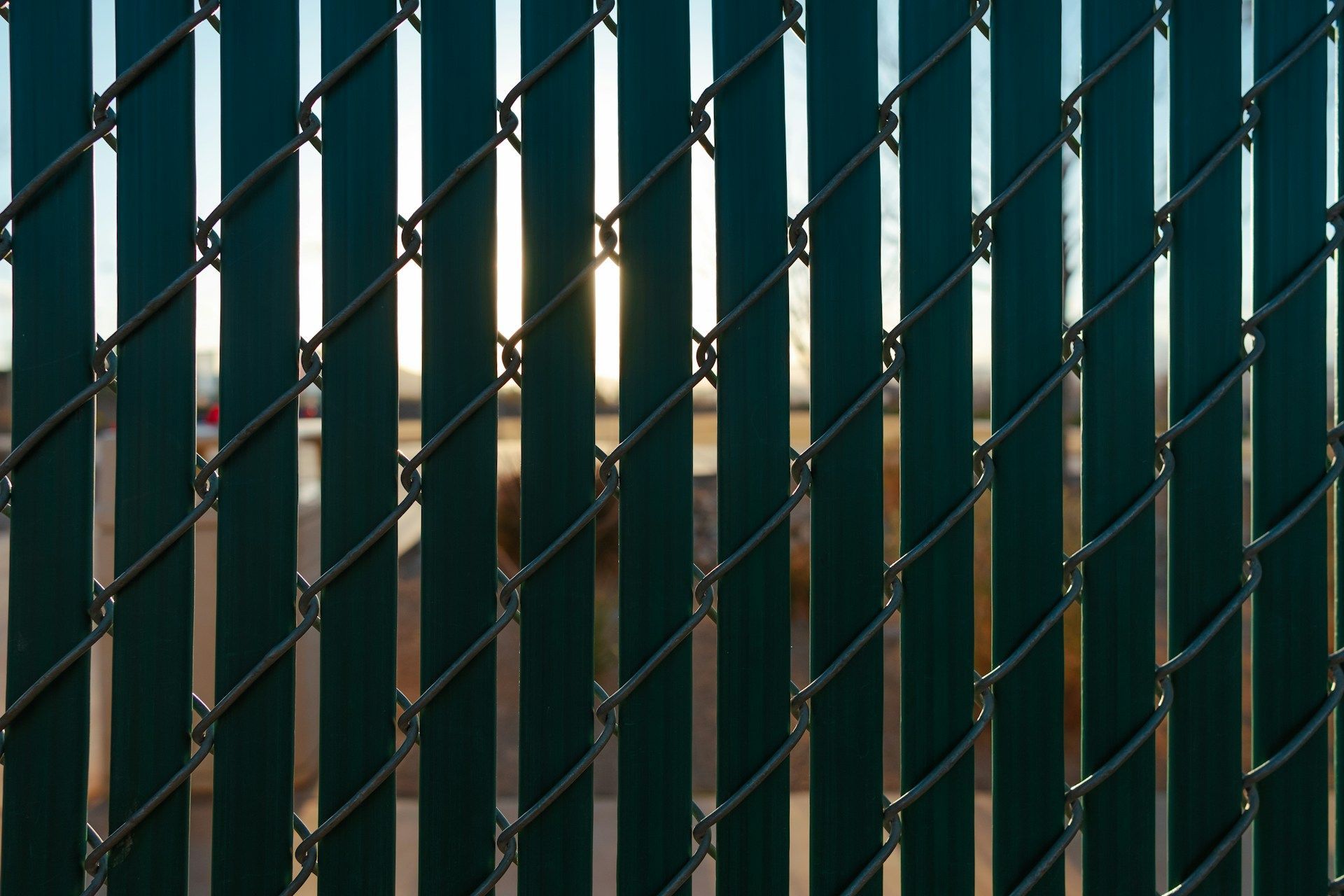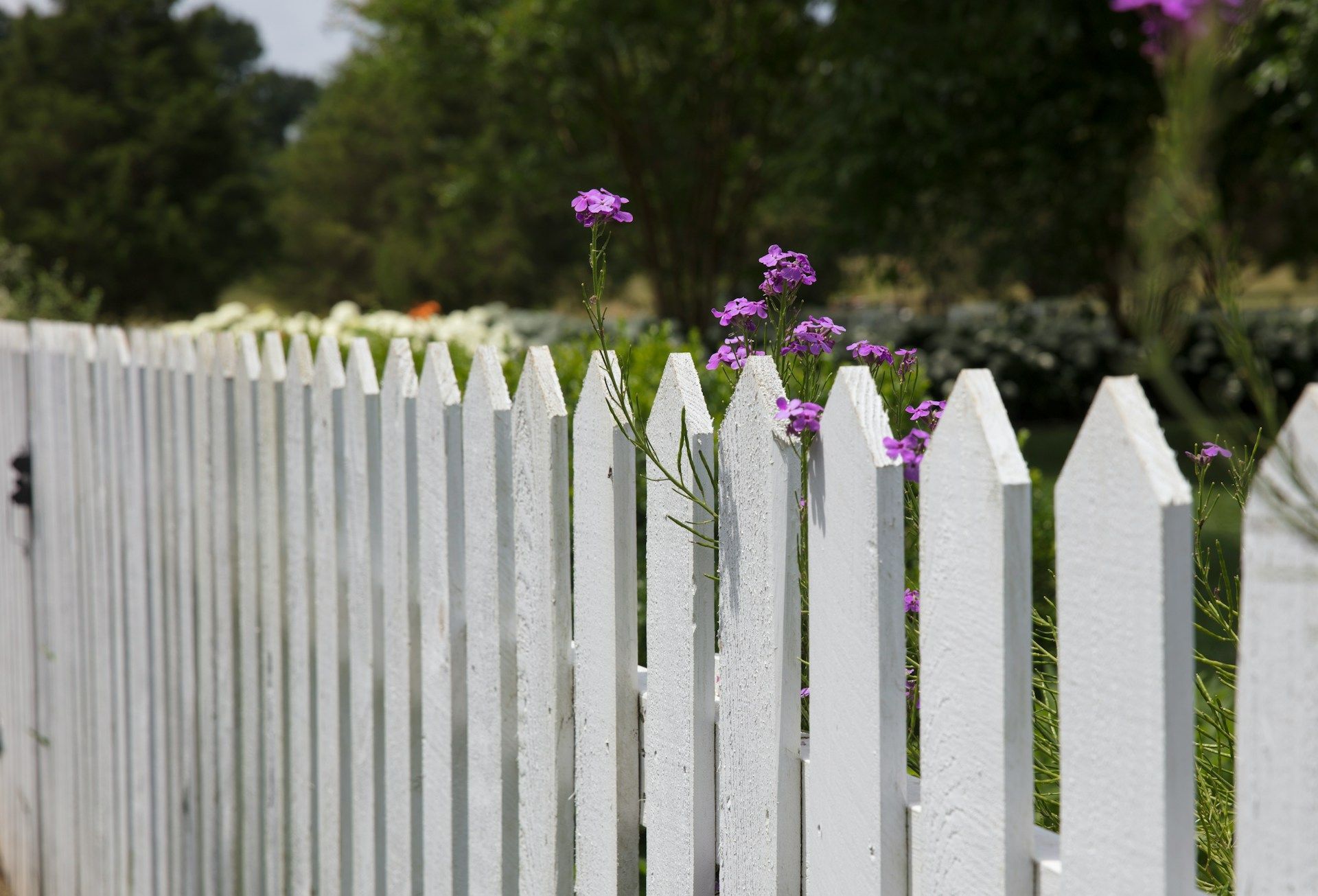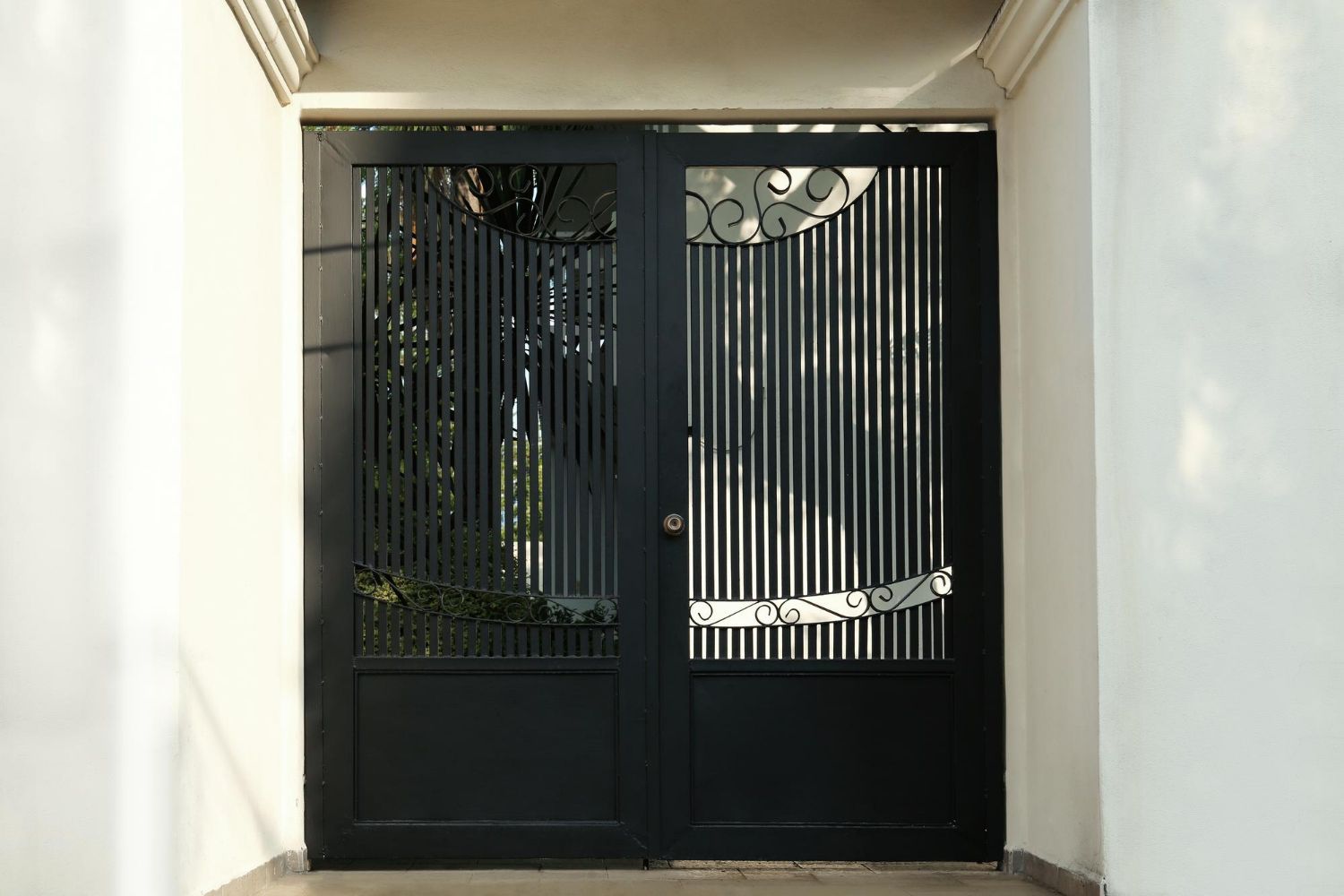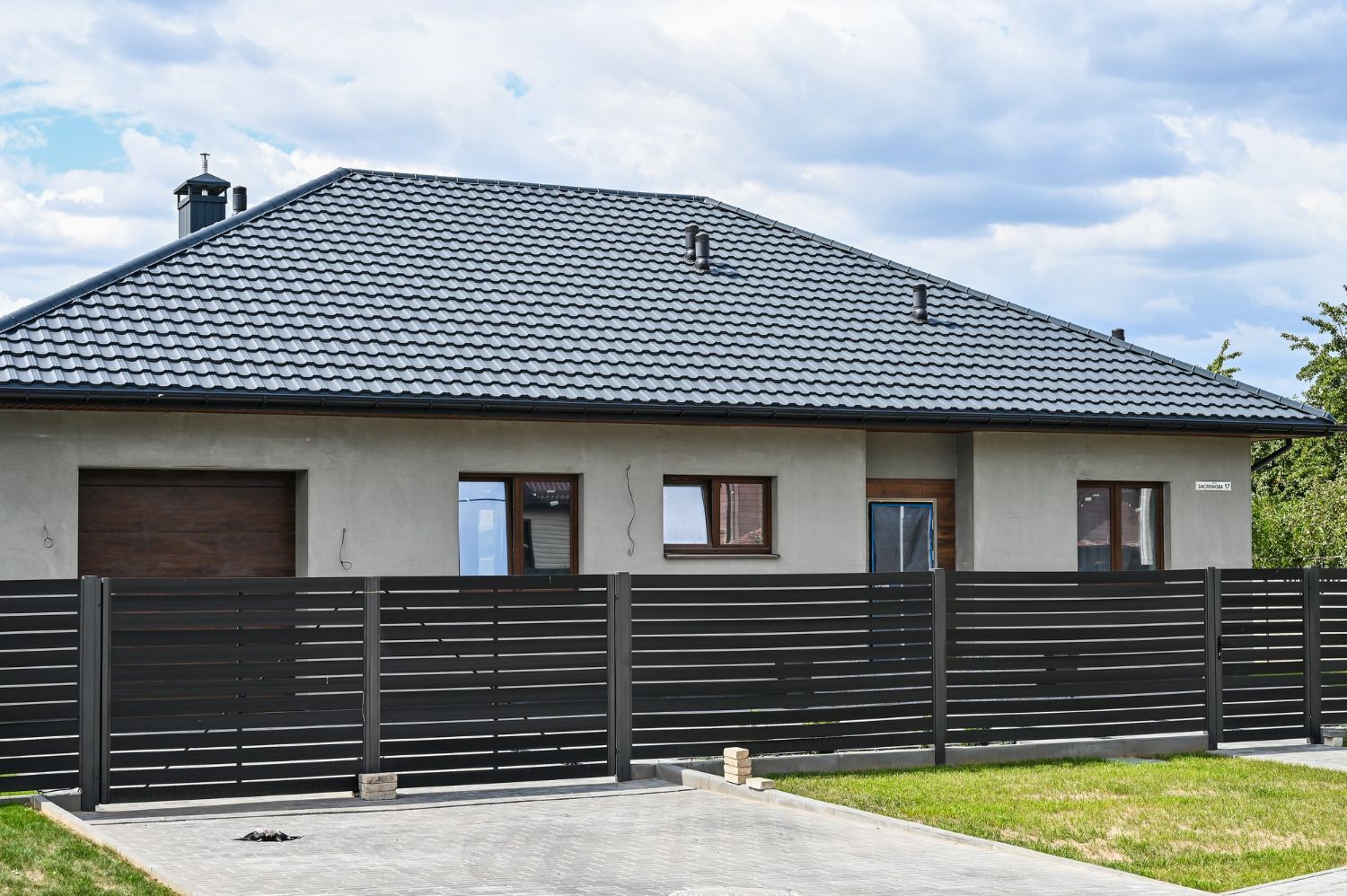Innovative Fencing Solutions for Modern Farms and Ranches
When it comes to managing agricultural and commercial properties, one aspect that often gets overlooked is fencing. And it's not just about marking boundaries or keeping intruders out. Farm and livestock fencing serves many crucial roles, from ensuring the safety and well-being of your animals to enhancing productivity and even aesthetic appeal.
Whether you're a seasoned farmer, a newbie in the agribusiness, or a commercial property owner, understanding the essentials of farm and livestock fencing is key. It's like the unsung hero, quietly doing its job, day in and day out, enabling your property to function smoothly. Let's dive into the world of barriers, poles, and wire mesh, and explore how they can transform your property management experience.
Types of Farm and Livestock Fencing
Let's explore the various fencing options available for agricultural and commercial properties, along with their primary functions and benefits:
1. Wood Fencing: Traditional and highly customizable, wood fencing is an attractive and durable option for creating property boundaries and providing privacy. With proper treatment, wood fencing can stand up to harsh weather conditions and resist pests.
2. Vinyl Fencing: Low-maintenance and long-lasting, vinyl fencing is an excellent alternative to wood for property boundaries and privacy. Available in a variety of styles, vinyl is resistant to weathering, UV exposure, and pests.
3. Welded Wire Fencing: Comprised of wire panels with rigid, welded intersections, this fencing type is ideal for keeping small animals contained while providing a durable and secure barrier. Welded wire is often used in conjunction with wood or metal posts for added stability.
4. Woven Wire Fencing: Designed with flexibility in mind, woven wire fencing features wire strands intertwined to create a strong, yet adaptable barrier. Ideal for livestock containment, woven wire accommodates uneven terrain and can be combined with electric fencing for added security.
5. Electric Fencing: A highly effective method for deterring animals from crossing boundaries, electric fencing delivers a mild, non-harmful shock to dissuade contact. Perfect for rotational grazing and property protection, electric fencing requires regular maintenance.
6. Chain-Link Fencing: Durable and cost-effective, chain-link fencing is ubiquitous in commercial and agricultural applications due to its versatility and strength. Suitable for security purposes and animal containment, chain-link fencing can be customized in terms of height and coating for added protection.
Key Considerations for Selecting the Best Fencing Solution
Keep these essential factors in mind when choosing the most suitable farm and livestock fencing for your property:
1. Purpose: Clearly identify the primary function of your fencing system, such as animal containment, crop protection, property boundary marking, or security.
2. Animal-Specific Requirements: Consider the size, behavior, and temperament of the animals you aim to contain or deter when selecting your fencing.
3. Terrain and Property Size: Evaluate the topography and size of your property to determine the appropriate fencing materials, height, and installation methods.
4. Budget: Weigh the initial costs of materials and installation against ongoing maintenance requirements and lifespan to make an informed choice based on your budget.
5. Aesthetics and Compliance: Consider the visual appeal and conformity with local regulations and community guidelines when selecting your fencing materials and style.
Installation Best Practices for Farm and Livestock Fencing
Proper installation of your chosen fencing system is crucial for ensuring its effectiveness and longevity:
1. Accurate Property Measurement: Take precise measurements of your property's boundaries, factoring in terrain features and obstacles, to determine the appropriate fence layout, size, and materials.
2. Skilled Fence Contractor: Hire a reputable and experienced fence contractor like California Commercial Fence to guarantee both quality craftsmanship and timely installation.
3. Appropriate Fence Posts: Select the right type of fence posts, whether wood, metal, or concrete, and install them securely to maintain stability and durability.
4. Regular Maintenance Checks: Inspect installed fencing regularly for signs of wear, damage, or weather-related issues, and address any concerns promptly.
Essential Farm and Livestock Fencing Maintenance Tips
A well-maintained fencing system continues to provide effective security and containment for your property:
1. Regular Inspections: Periodically check your fence for damage, wear, loose or broken components, and corrosion.
2. Repair and Replace: Address any discovered issues by mending damaged sections, tightening loose parts, or replacing severely compromised elements.
3. Cleaning and Treatments: Keep your fence clean from dirt, debris, and mildew, and apply necessary treatments, such as paint or sealants, to prolong its lifespan.
4. Gate and Accessory Maintenance: Check and maintain gates, latches, and hinges, ensuring their continued functionality and durability.
The Importance of Proper Fencing in Farm and Livestock Protection
Farm and livestock fencing play a vital role in the protection and management of agricultural and commercial properties. With a diverse array of fencing options, it's essential to select the best fencing solution tailored to your property's unique needs and requirements. By following appropriate installation and maintenance practices, your chosen fencing system will deliver lasting security and containment benefits for your property.
California Commercial Fence is a trusted
fence contractor in Fresno, offering a comprehensive range of commercial fencing options, including farm and livestock fencing, chain-link fencing, wrought iron fencing, and security fencing with entry gates. We also provide emergency fence repair services to ensure your property remains secure and well-protected.
Contact us today for a consultation, and let our expert team guide you in selecting the perfect farm and livestock fencing solution for your agricultural property's unique needs.
California Commercial Fence
Contact Us
Location Address
8844 S Indianola Ave, Selma CA 93662
Send Us A Message
Call US Today
All Rights Reserved | California Commercial Fence | Website Design by Egility Digital

